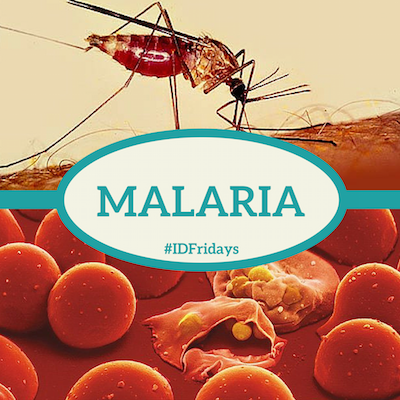Malaria: Is this parasite Africa’s smallest killer?

Photo Credits: Softpedia, Smithsonian
Name
Malaria (the name is derived from mala aria – or ‘bad air’ in Italian – as Ancient Romans believed that swamp fumes produced the illness)
Transmission
- A life-threatening disease caused by the plasmodium parasite
- There are over 100 species of this parasite
- P. falciparum, the most deadly of these species, is also the most prevalent on the African continent
- Its transmitted to people by the female anopheles mosquito
Geography
- Worldwide, but most cases and deaths occur in sub-Saharan Africa
- There were an estimated 214 million cases all over the world in 2015
- In 2015, sub-Saharan Africa had 88% of global malaria cases and 90% of global malaria deaths
Incubation Period
7 – 15 days after an infected mosquito bite
Signs and Symptoms
The first symptoms include:
- Fever
- Chills
- Vomiting
- Headache
- Other flu-like symptoms
If not treated within 24 hours, P. falciparum malaria can progress to severe illness with these symptoms:
- Severe anemia
- Blood in urine
- Respiratory distress
- Cerebral malaria
- Multi-organ issues
- Low blood pressure
- Coma
Diagnosis
Laboratory testing of blood samples (rapid diagnostic testing is also available)
Treatment
- Many effective antimalarial drugs are available but resistance to antimalarial medicines is a consistent global problem
- For uncomplicated cases, the best treatment is artemisinin-based combination therapy (ACT)
Prognosis
- It is preventable and curable if diagnosed on time and treated properly however, without proper diagnosis and drugs, it can lead to death
- In 2015, there were an estimated 438,000 deaths
- More than two thirds (70%) of all deaths are to children under 5
- Pregnant women have increased susceptibility to P. falciparum malaria
Prevention: What Can You Do?
- Avoid mosquitoes (use insecticide-treated mosquito nets, apply insect repellent, and wear long clothing to reduce the chance of bites)
- Ensure there is no standing water around your home and if it cannot be drained or removed, cover the water because mosquitoes breed in stagnant water
- Travelers to mosquito-endemic areas can take prophylactic drugs to prevent the disease
Malaria In the News
- WHO: Global malaria progress and challenges in 2016
- From over 90 000 cases to zero in two decades: the European Region is malaria free
- Nigeria: Tackling Malaria
Sources:
http://www.who.int/mediacentre/factsheets/fs094/en/
http://www.cdc.gov/malaria/




